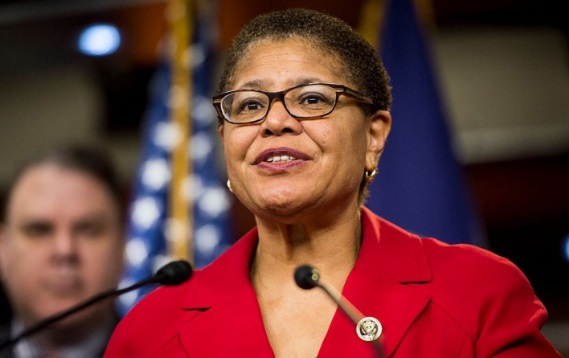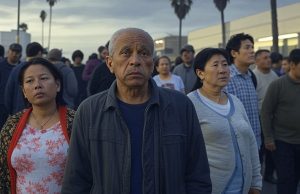As the United States approaches another presidential election, the Korean American community finds itself at a crossroads. Despite their growing numbers and economic influence, many Korean Americans feel overlooked by both major political parties. However, their potential impact on the election outcome, particularly in swing states, should not be underestimated.
A Divided Community
The Korean American electorate is far from monolithic. Their voting preferences are shaped by various factors, including:
- Generation: First-generation immigrants often have different priorities compared to second and third-generation Korean Americans.
- Income Level: High-income earners tend to lean Republican, while lower-income groups, especially seniors, favor Democrats.
- Geographic Location: Korean Americans in blue states may feel their votes carry less weight compared to those in swing states.
The Republican Appeal: Tax Concerns
Many affluent Korean Americans, particularly those who have built successful businesses over years of hard work, find themselves aligned with the Republican Party. Their primary concern? Taxes. As their wealth has grown, so has their sensitivity to tax policies. This trend is not limited to first-generation immigrants; many well-educated second and third-generation Korean Americans also prioritize tax issues over other political concerns.
The Democratic Appeal: Social Benefits
On the other hand, lower-income Korean Americans, especially seniors, tend to favor the Democratic Party. For this group, government benefits and social programs are paramount. They see the Democrats as more likely to protect and expand these crucial support systems.
The Swing State Factor
While Korean American voters may have limited influence in solidly blue states, their impact in swing states could be significant. In these battleground states, where elections can be decided by narrow margins, the Korean American vote has the potential to tip the scales.
The Feeling of Being Overlooked
Despite their growing numbers and potential influence, many Korean Americans feel neglected by both major parties. This sentiment of being overlooked could lead to decreased political engagement or, conversely, could motivate the community to assert its political power more forcefully.
Looking Ahead
As the election approaches, both parties would do well to pay closer attention to the Korean American electorate. Their concerns about taxes, social benefits, and other issues reflect the diverse needs of this community. By addressing these concerns, parties could not only secure crucial votes in swing states but also engage a vibrant and growing segment of the American electorate.
The Korean American vote may not be monolithic, but its potential impact on the upcoming election should not be underestimated. As this community continues to grow in numbers and influence, its role in shaping American politics is likely to become increasingly significant in the years to come.















































 “고리이자 제시 빌린뒤 부도수표에 폭행까지”
“고리이자 제시 빌린뒤 부도수표에 폭행까지” 




































